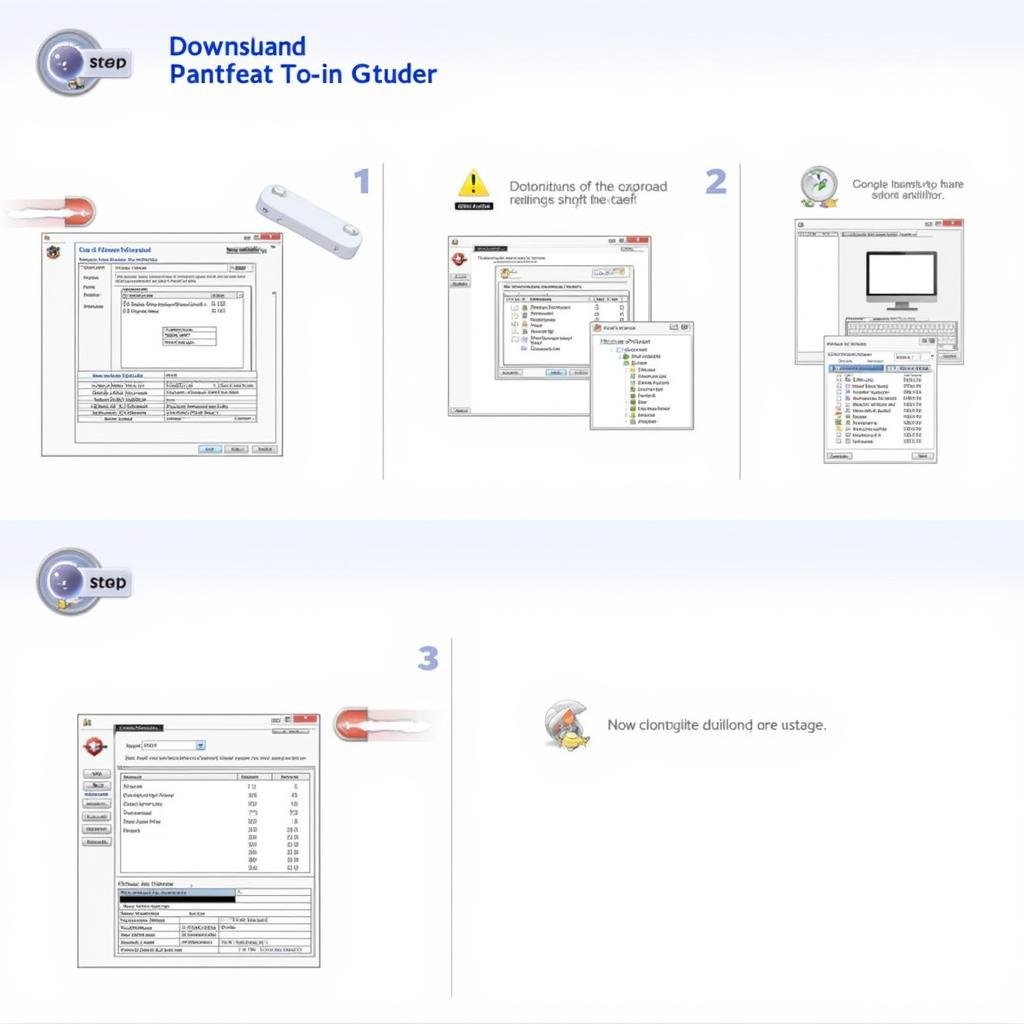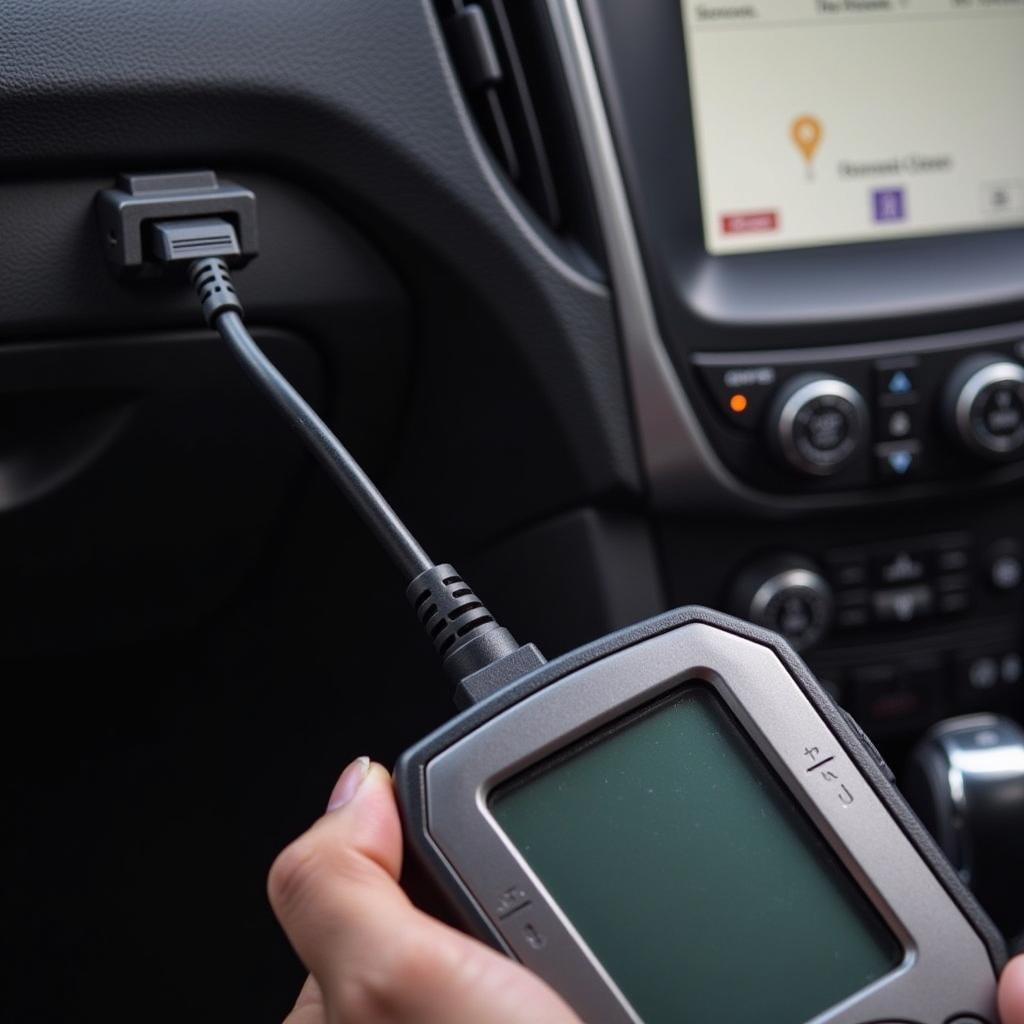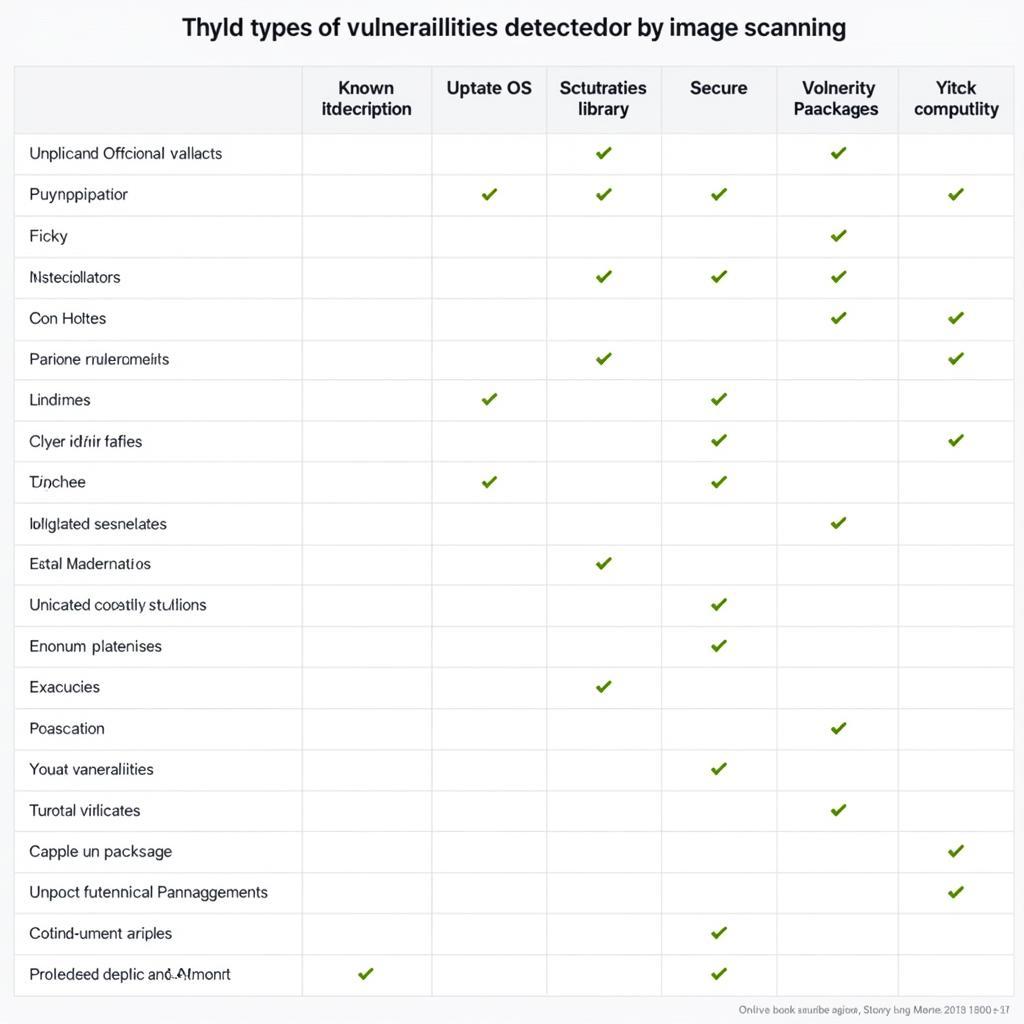If your Ford Focus key won’t turn or you’re experiencing other lock cylinder issues, you might need a scan tool. This article will dive into common Ford Focus lock cylinder problems, explain when a scan tool is necessary, and guide you through troubleshooting and potential solutions.
Understanding Ford Focus Lock Cylinder Issues
Ford Focus vehicles, like any other car, can experience lock cylinder problems. These can range from simple mechanical issues to more complex electronic malfunctions. Sometimes, the key won’t turn at all. Other times, it might turn but not engage the ignition. These problems can stem from a worn key, a damaged lock cylinder, or issues with the car’s electronic systems.
Common Causes of Lock Cylinder Problems
- Worn Key: Over time, keys can wear down, making it difficult for them to properly interact with the lock cylinder.
- Damaged Lock Cylinder: Physical damage to the lock cylinder, such as from attempted theft or an accident, can prevent it from functioning correctly.
- Faulty Ignition Switch: The ignition switch, which is connected to the lock cylinder, can sometimes fail, causing starting problems.
- Steering Column Lock Malfunction: In some cases, the steering column lock can malfunction and prevent the key from turning.
- Electronic Issues: Modern Ford Focus vehicles have electronic components integrated into the locking system. Problems with these components, such as the Body Control Module (BCM), can trigger lock cylinder issues.
When a Scan Tool is Necessary for Ford Focus Lock Cylinder Issues
While some lock cylinder problems are purely mechanical, others involve the car’s electronic systems. In these cases, a scan tool becomes essential for diagnosing the issue. For instance, if the problem lies within the BCM or other electronic modules, a scan tool can retrieve diagnostic trouble codes (DTCs) that pinpoint the source of the problem. A scan tool can also be used to perform tests and reprogram certain modules.
How a Scan Tool Helps Diagnose Electronic Lock Cylinder Problems
A scan tool allows you to communicate with the vehicle’s computer system and access valuable information. It can reveal:
- Diagnostic Trouble Codes (DTCs): These codes indicate specific malfunctions within the car’s systems.
- Live Data: Real-time data from various sensors and modules can help pinpoint the problem area.
- Module Communication: Checking the communication between different modules can identify issues with the network.
Troubleshooting Ford Focus Lock Cylinder Problems
If you’re facing a Ford Focus lock cylinder issue, follow these steps:
- Try a Spare Key: A worn key is a common culprit. Try a spare key to rule this out.
- Inspect the Lock Cylinder: Look for any signs of physical damage or obstruction.
- Check the Steering Wheel: Ensure the steering wheel isn’t locked, preventing the key from turning.
- Use a Scan Tool: If the problem isn’t mechanical, connect a scan tool to retrieve DTCs and diagnose electronic issues.
“A common mistake people make is assuming a mechanical problem when it’s actually electronic. A scan tool can save you time and money by quickly identifying the root cause,” says John Miller, a senior automotive technician at Miller’s Auto Repair.
What to Do if You Find Diagnostic Trouble Codes
If the scan tool reveals DTCs, research the codes online or consult a repair manual to understand their meaning. This will guide you towards the appropriate repair.
Conclusion: Resolving Ford Focus Lock Cylinder Issues with a Scan Tool
A Ford Focus lock cylinder needing a scan tool isn’t always a complex issue, but diagnosing the problem correctly is crucial. By using a scan tool, you can identify electronic problems and avoid unnecessary repairs. Remember, a proper diagnosis is the first step to a successful repair. If you’re uncomfortable using a scan tool or performing repairs yourself, contact a qualified automotive technician. For professional scan tools and expert advice, contact CARW Workshop at +1 (641) 206-8880 or visit our office at 4 Villa Wy, Shoshoni, Wyoming, United States.
“Remember, always consult a professional if you are unsure about any repair. Safety should always be your top priority,” advises Sarah Chen, a certified automotive electrician with over 15 years of experience.






